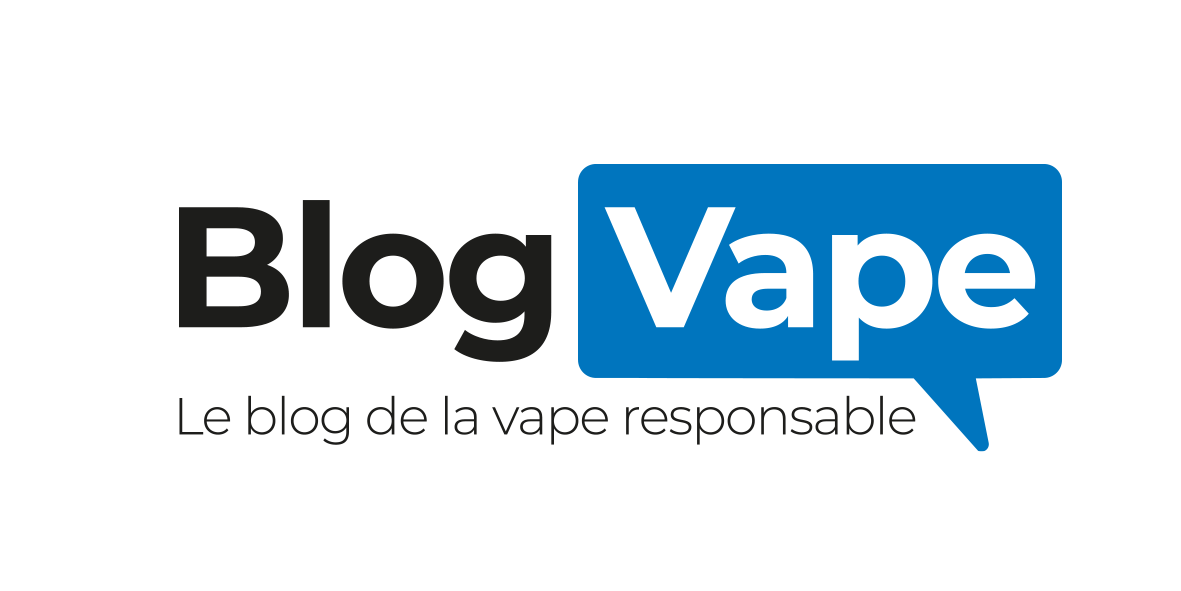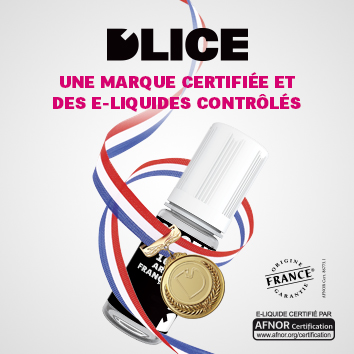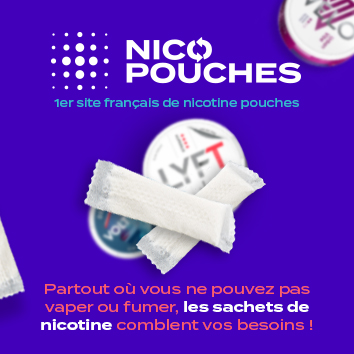Dr Farsalinos contests new AHA study on HNB devices

The American Heart Association (AHA) recently published a study on the health risks associated with new heat-not-burn devices such as IQOS developed by Philip Morris. The results indicate that this new technology is just as hazardous to health as traditional cigarettes. This information drew the ire of the vaping community but also criticism from the scientific establishment as soon as it was issued.
 The mission of the AHA is to work to minimise loss of life and health issues due to cardiovascular diseases and strokes. However, this non-profit organisation has a bad reputation for the reliability of its studies. Their results are often contested by independent laboratories. The AHA is far from having a neutral position regarding tobacco and vaping products. Indeed, a significant amount of the association’s funding comes from big pharmaceutical groups such as Pfizer, GlaxoSmithKline, and Bristol-Myers Squibb.
The mission of the AHA is to work to minimise loss of life and health issues due to cardiovascular diseases and strokes. However, this non-profit organisation has a bad reputation for the reliability of its studies. Their results are often contested by independent laboratories. The AHA is far from having a neutral position regarding tobacco and vaping products. Indeed, a significant amount of the association’s funding comes from big pharmaceutical groups such as Pfizer, GlaxoSmithKline, and Bristol-Myers Squibb.
Electronic cigarette consumers are wary, afraid that with studies such as this one, vaping technology will be associated with IQOS devices, despite the fact that the two systems work differently. IQOS devices function by heating tobacco, rather than burning it as is the case with traditional cigarettes. On the other hand, vaping devices do not rely on tobacco at all.
AHA’s experimental protocol under scrutiny
To obtain their results, AHA researchers exposed rats to aerosols emitted by the IQOS system. In parallel, other rats were exposed to cigarette smoke. To determine the health impact of each, endothelial function was quantified by measuring the dilation of blood vessels before and after exposure.
The experiment data indicated that the guinea pigs underwent changes to this function in similar proportions. After 10 5-second exposures over a period of 5 minutes with IQOS vapour, blood vessel dilation capacity was reduced by 58% (57% with cigarette smoke).

Dr. Farsalinos, who is know for his research in the field, has contested the methodology used by the AHA to reach their conclusions. In his estimate, the nicotine doses the rats were exposed to were approximately 450% higher than those the IQOS would deliver in normal use. Furthermore, endothelial function is not a reliable indicator to determine cardiovascular risk in relation to tobacco consumption.






